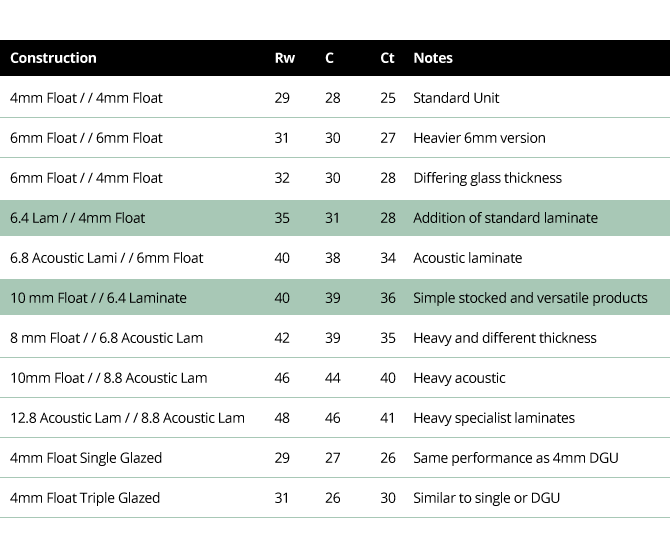Frequently asked questions when buying new uPVC windows
If you are wondering whether it’s time for you to replace your old uPVC windows, here are some of the questions you might be asking.
If you can’t find the answers you are looking for please don’t hesitate to get in touch, we’re here to help.
Why would I want to change my existing windows, they don’t let in water and they have lasted for a good few years?
Well they are bound to lose their efficiency over time, and the onward march of technology means our new ones will not only look better, but are sure to be more efficient on many counts.
My living room is cold in winter and too warm in summer, would new uPVC windows help?
You want neither very high nor very low temperatures in your house. You need comfort from a good steady level of heat, and our windows are key here, because we use glass designed to allow only a low outflow of heat intensifying the insulation capacity of the window. The low outflow glass uses heat from the sun in the winter, but also in summer lessens the hot sun which can blaze through the windows on those welcome days.
Comfort inside, no matter what it is like outside, is the benefit here.
At Yorkshire Windows we have a wide range of thermally efficient uPVC window frames with a choice of double, triple or SmartGlass glazing options which can be tailored to suit your home.
How can I reduce or eliminate condensation?
First of all you need to know that condensation forms on glass when its temperature is lower than the air around it, air that holds a lot of water vapour.
To combat condensation our double and triple glazed windows are designed so that the inside pane of glass will have a temperature far greater than any single glazed window. The result of having this higher temperature is that the warm air inside your house meets the glass and condensation becomes virtually non-existent – the glass is warmer than the air around it.
Keeping you and your windows warm keeps the condensation away.
Can new uPVC windows help reduce my energy bills?
You want to keep your gas and electricity bills down to a minimum?
Of course you do – no point in paying higher energy bills when you can pay lower ones. Our double and triple glazing certainly helps. New windows, warmer house, lower bills.
Will new windows reduce noise levels from outside?
Everyone wants their windows to prevent excessive noise from outside, for example traffic noise, disturbing their peace and quiet inside.
Opening windows, even slightly, will always allow noise to enter, but when your windows are closed, and when they are fitted well, that noise can be kept to a very minimum. We use scientific measurement techniques to ensure a high level of noise control, as shown in the following table where the highlighted glass units installed by us provide a very high level of noise control.

Worried your furniture in front of glass will fade?
Ask us about “SMARTGLASS W” - a range of glazing options specifically designed to reflect the sun's harmful rays, reduce sound and increase security.
What is the difference between double glazing and triple glazing?
A double glazed unit is two panes of glass with space in between, and a triple glazed unit has a third pane of glass added. Both the double and triple glazed units are held together using spacer bars in between the panes.
Do uPVC windows comply with Building Regulations?
Because our double glazed and triple glazed windows are energy efficient they will enable you to comply with the latest Building Regulations. We will guide you here so you need have no worries on that score.
What is the history of uPVC window frames?
uPVC (un-plasticised polyvinyl chloride) window frames were first introduced in the UK in the 1980s and offered many benefits over traditional wooden window frames.
Since then technology and manufacturing has revolutionized the styles, efficiency and security of uPVC frames.